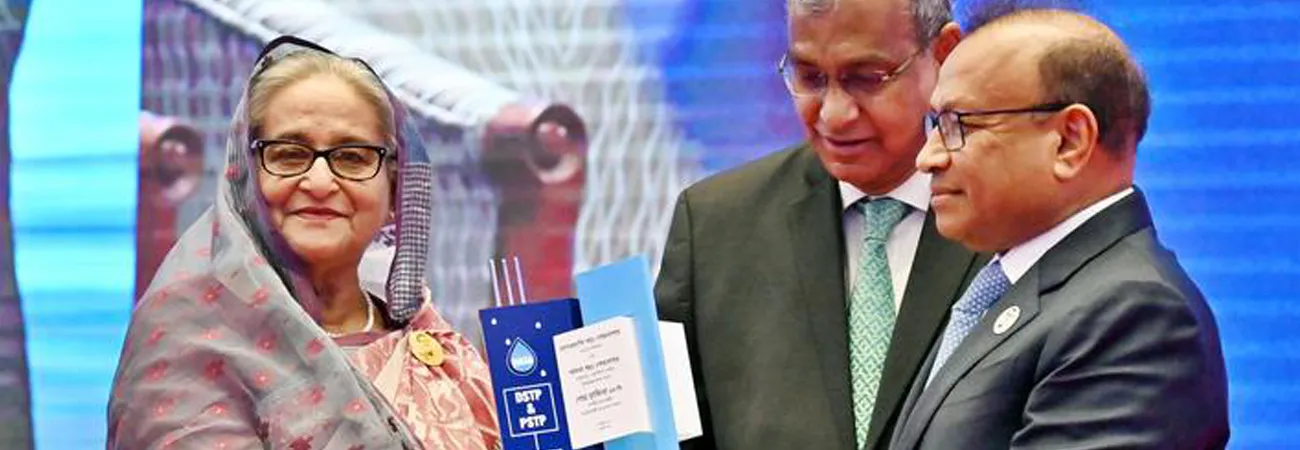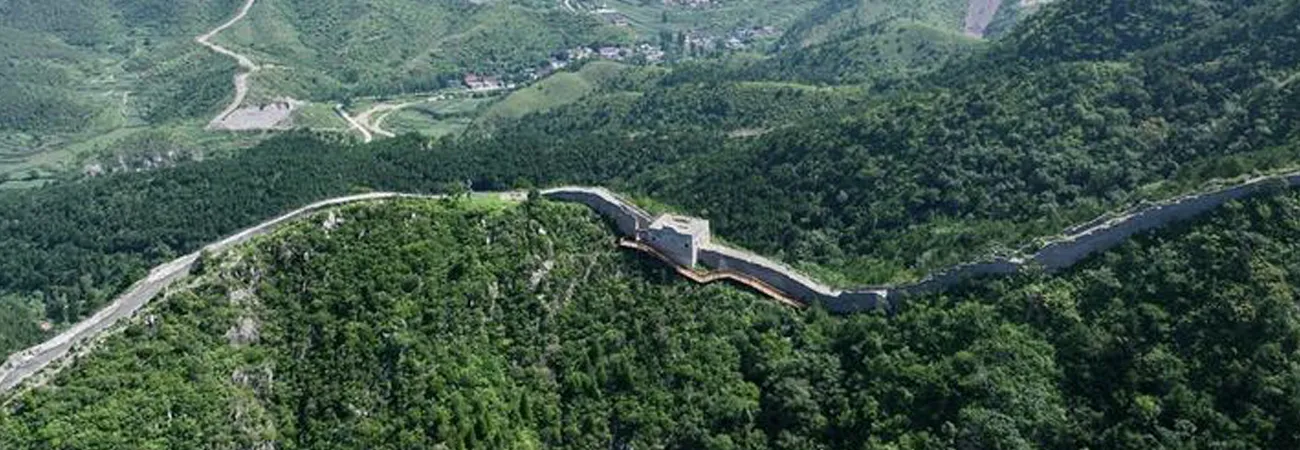XINHUA-PAKISTAN SERVICE
BEIJING, Jan. 23: Pakistan’s key decision-making body, the Executive Committee of the National Economic Council (ECNEC), approved Rs 37.9 billion worth Pak-China Optical Fiber Cable (OFC) Project Phase II.
According to a report published by Gwadar Pro, the project will pave the way for establishment of Cross-Border OFC Network (Khunjerab-Karachi) Along China Pakistan Economic Corridor (CPEC) Routes.
The project will provide alternate path for international connectivity through Northern Border of Pakistan with China and would transform Pakistan as a Digital Gateway of regional connectivity.
The COVID-19 response and other Natural Calamities Control Program was approved by the ECNEC at the cost of Rs 70 billion as federal share.
The project includes National Health upgradation program, National program for Water and Sanitation and Hygiene (WASH), COVID-19 interventions for less developed areas.
The ECNEC also approved the Project for “Dualization and Improvement of Old Bannu Road” at the total cost of Rs 17,230 million from federal Public Sector Development Programme (2020-21).
The project envisages dualization of existing 02-lane old Bannu road measuring 83 km in length from Gaandi Chowk to Sarai Naurang (8km) and Domail to Krapa on N-55 (75-kilometre) to 4 lanes, with 7.3 metres wide carriageway on either side.
The scope of work also includes extension of existing culverts & bridges, construction of retaining walls along with drainage / erosion works and allied facilities. NHA shall execute the project.
ECNEC considered and approved a summary regarding construction of Gwadar-Ratodero Road Project (M-8) sponsored by the Ministry of Communication and executed by National Highway Authority (NHA) at a rationalized cost of Rs 38,026.28 million.
It also approved the project in view of its strategic importance as it will facilitate connectivity for China-Pakistan Economic Corridor (CPEC) projects through improved road linkages.
A summary was presented before ECNEC regarding provision of Advanced Skills Development through International Scholarship Phase-1 for Master and Doctor of Philosophy (PhD) programs to be executed by the Higher Education Commission (HEC).
The project is part of a Prime Minister Knowledge Economy Task Force Initiative which will enable our youth to access higher education opportunities in well-reputed international universities. ECNEC approved the project at a rationalized cost of Rs. 13.361 billion.
A summary regarding Greater Karachi Water Supply Scheme (K-IV) 260 Million Gallon a Day (phase-1) was presented before ECNEC.
The project would provide additional 260 MGD water to Karachi at the total cost of Rs. 25,551.77 million. The expected period of completion is 04 years, said the statement.
ECNEC approved the project for provision of environment friendly water sanitation and waste management infrastructure / facilities to residents of Karachi.
Similarly, a project titled ‘Solid Waste Emergency and Efficiency Project (SWEEP)’ was presented before the Committee sponsored by the Local government, Housing and Town Planning Department, Government of Sindh with total cost of Rs 16,800 million including International Bank for Reconstruction and Development-World Bank loan of Rs 16,000 million.
The project is designed to mitigate the risk of widespread flooding caused by inadequate solid and liquid waste management during monsoon season and to improve the Solid Waste Management (SWM) infrastructure and service delivery with a view to transform Karachi into an eco-friendly city in the long run.
It has been financed by the World Bank/IDA. The Project is envisioned to upgrade basic education infrastructure in the districts of Peshawar, Haripur, Noshera and Swabi of the Khyber Pakhtunkhwa Province.
The project for the “Construction of 100 Dams in Balochistan- Package IV (23 Dams)” was approved by ECNEC at the total cost of Rs 13,512.725 million. Irrigation Department, government of Balochistan will execute the project and it will be completed in three years.
Realizing the water scarcity in the Province of Balochistan, the project is designed to harness flood flows for direct irrigation, ground water recharge and agricultural development through construction of small dams throughout the Province, said the statement.





